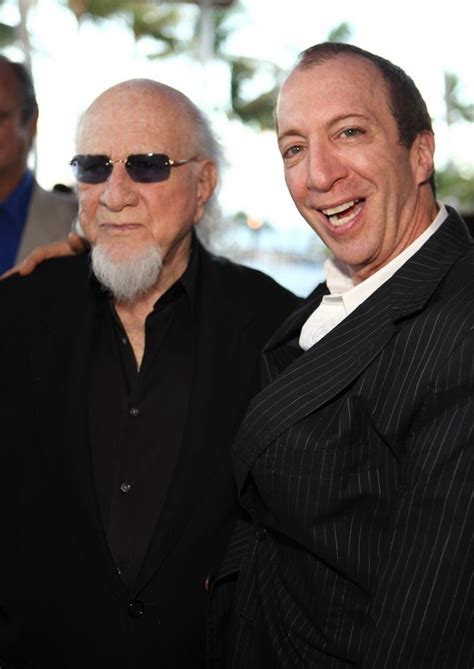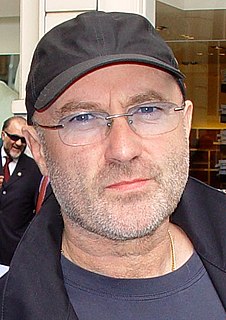A Quote by Ian MacKaye
Record labels have enjoyed a 100-year monopoly of selling plastic and now they're up against a different format.
Related Quotes
The record business is an oxymoron. In the 1960s, there was an upside to selling plastic discs so labels took the risk - they paid for the record, for marketing, promotion, publicity, everything it took to make the artist a star. But now we have to go back to the venture capital model. The business is stopping and everyone's complaining but you can't blame labels. It's a shitty business. You do it because you're passionate, or because it's what you've always known. But if you lived through the nineties, nobody is thinking this is great compared to what it used to be.
Record industry's not so much against artists, but certain people are just wicked people that sit up in the industry who go against the artist. The thing is, if you're in the recording business, where's our health benefits? Where's the royalties from when you put stuff on labels in different countries? And now, with all these 500 cable channels, you want your mechanical royalties, your licensing. There's so much technology that you've got to stay on top. They always try to tell you, "Oh, don't worry about the business side, just do the music."
I think record cover sleeves really led towards, but at the same time the album as we know it didn't come into being until mainly after the Second World War because record labels realized they'd be able to make a lot more money putting all the singles of an artist onto one album and selling the whole album as a kind of a concept.



































